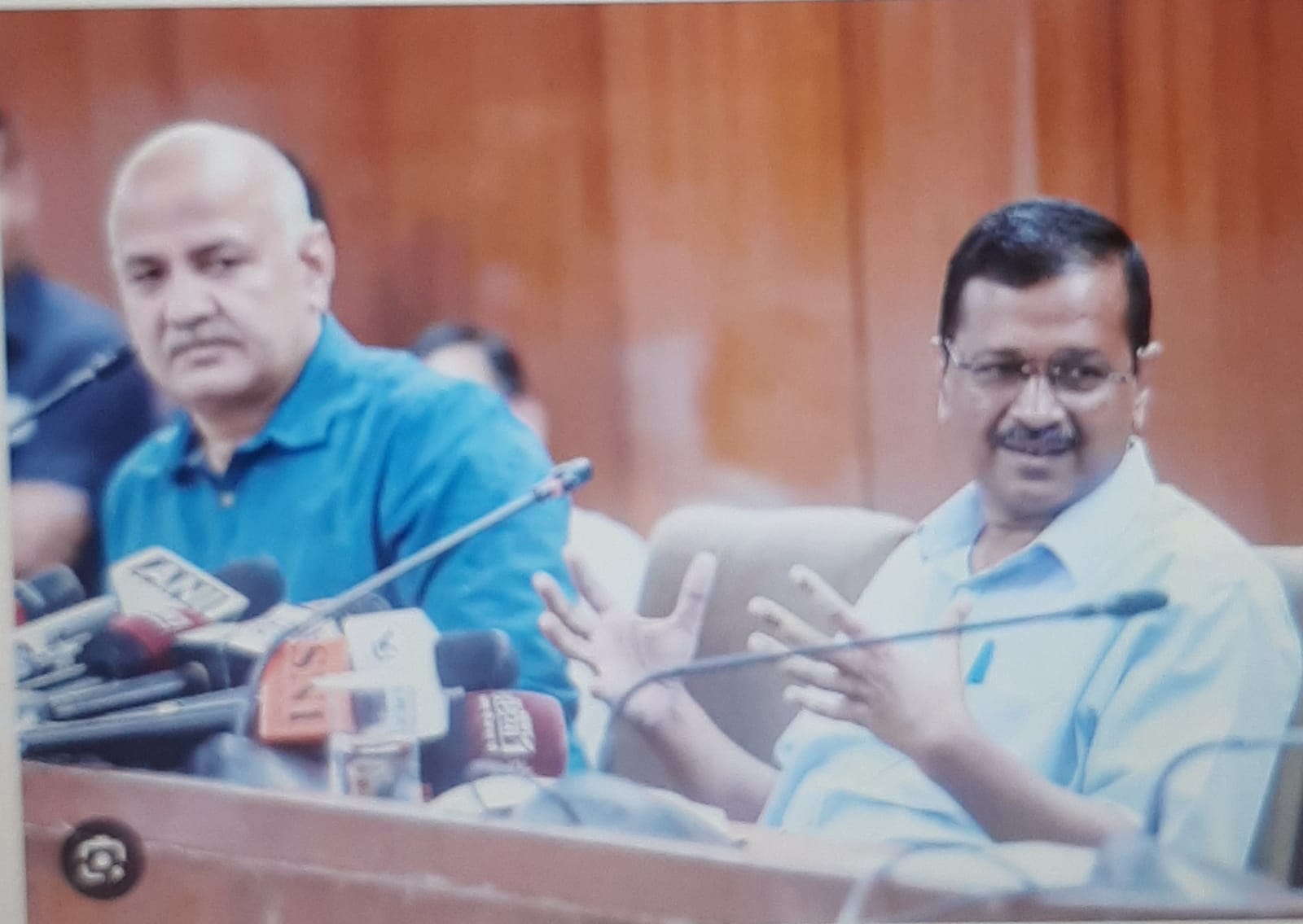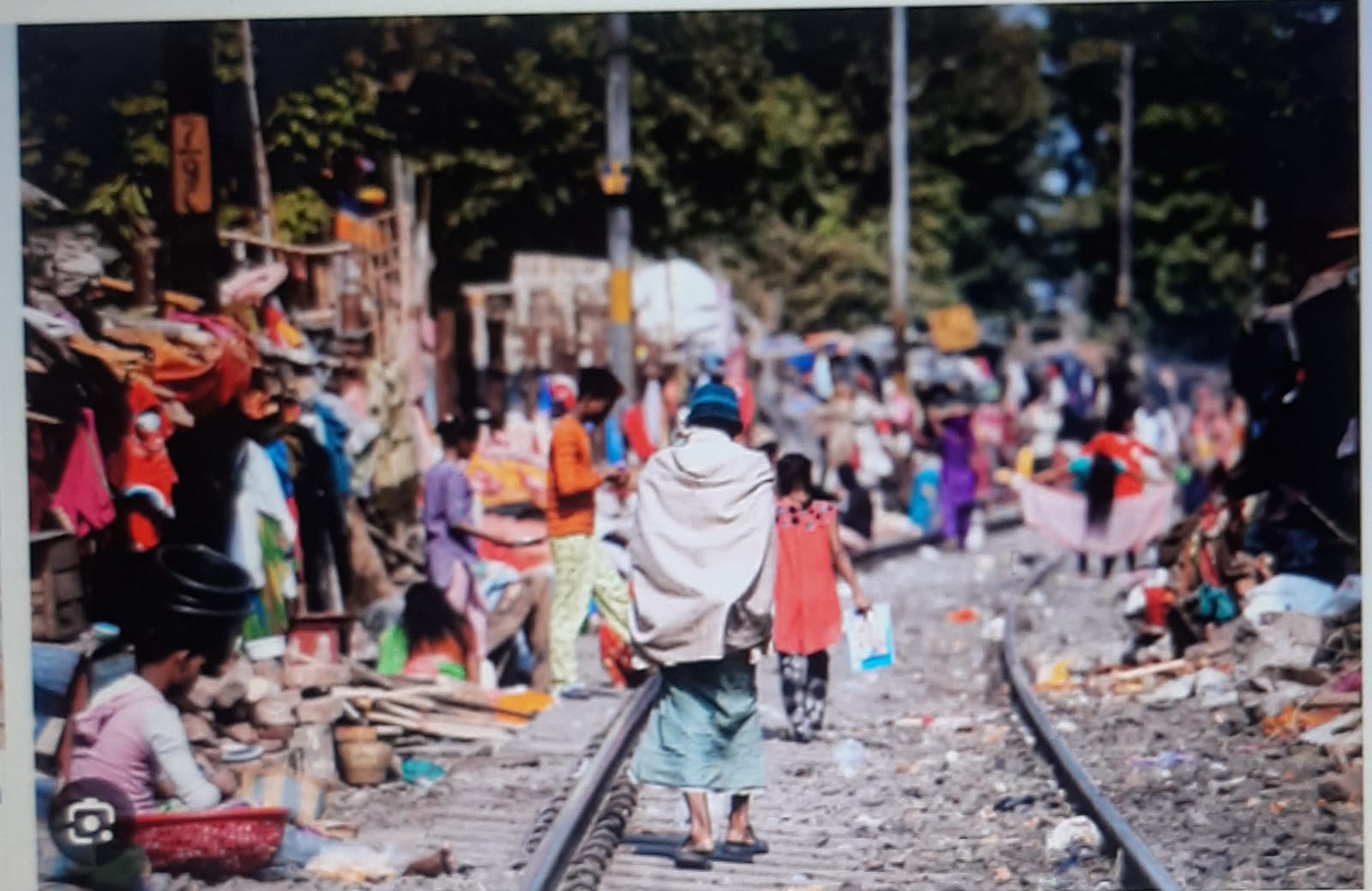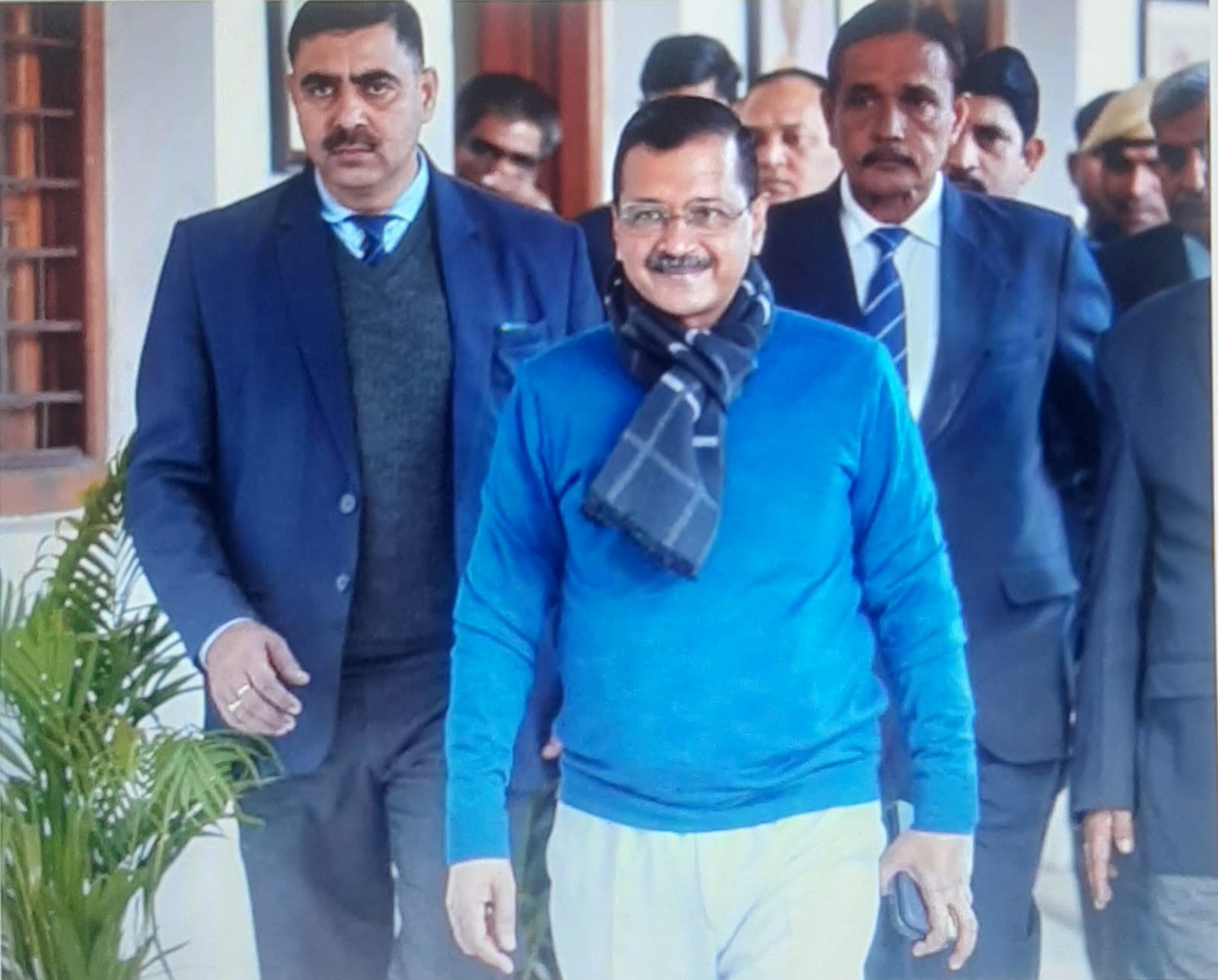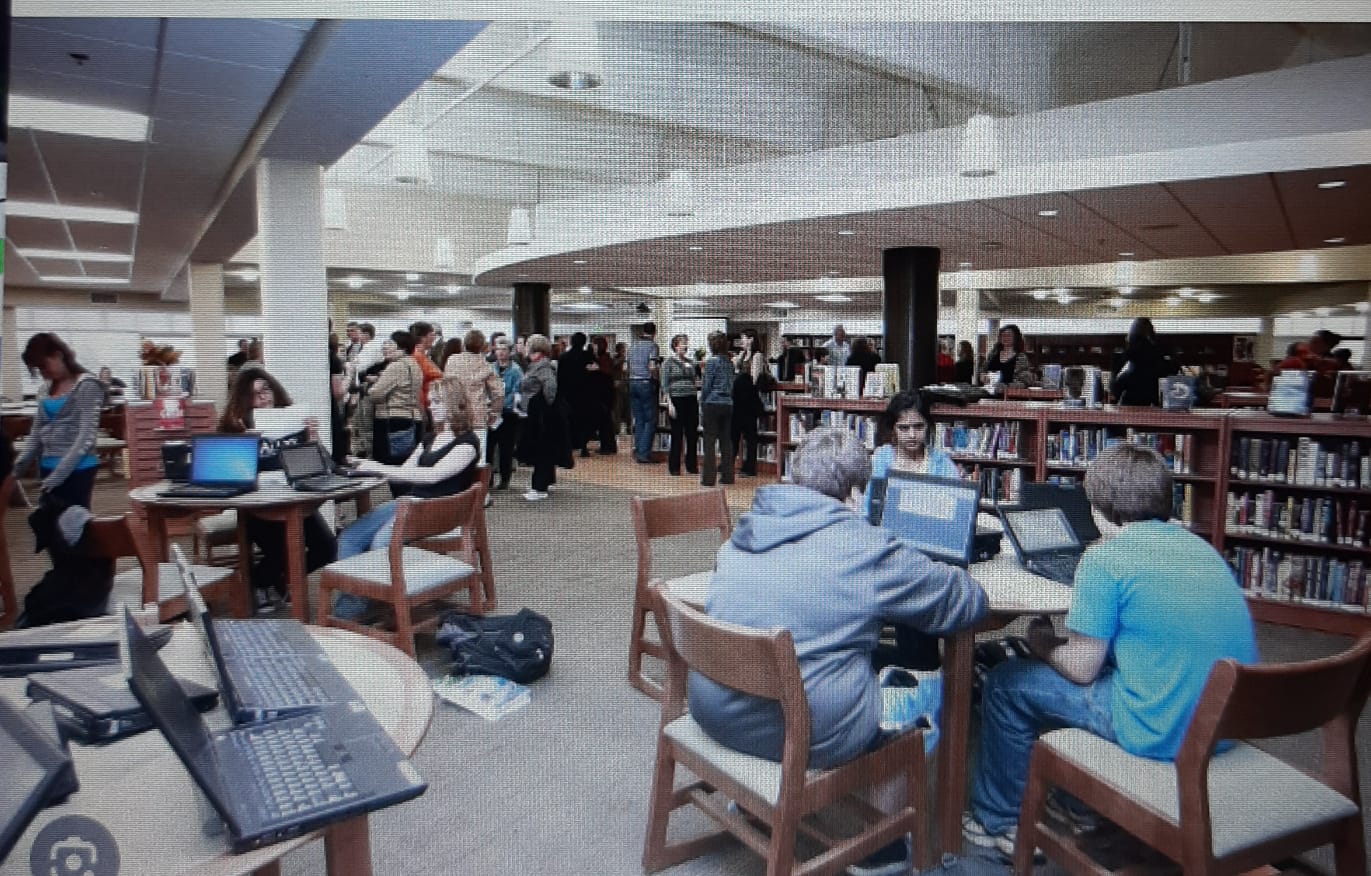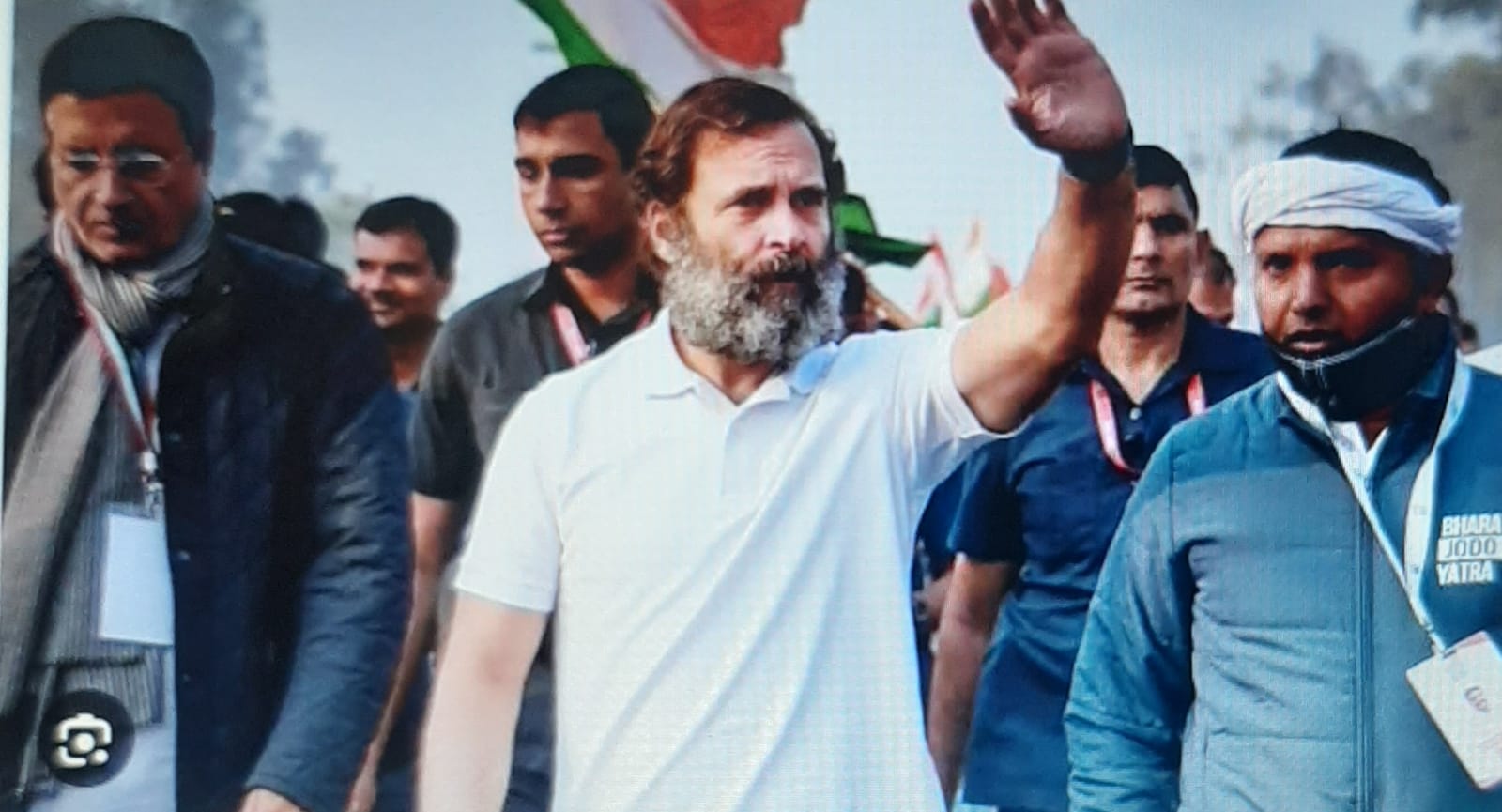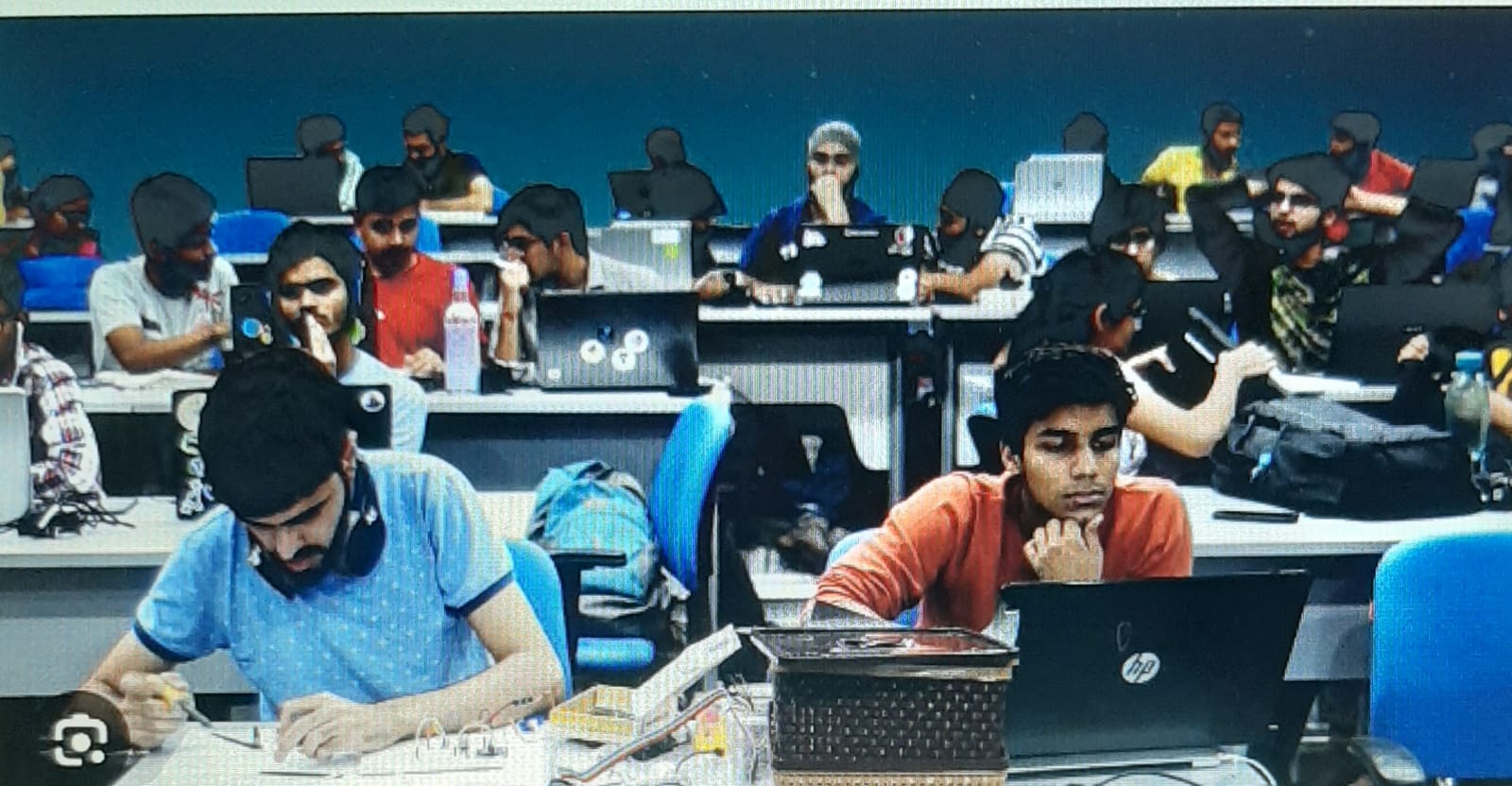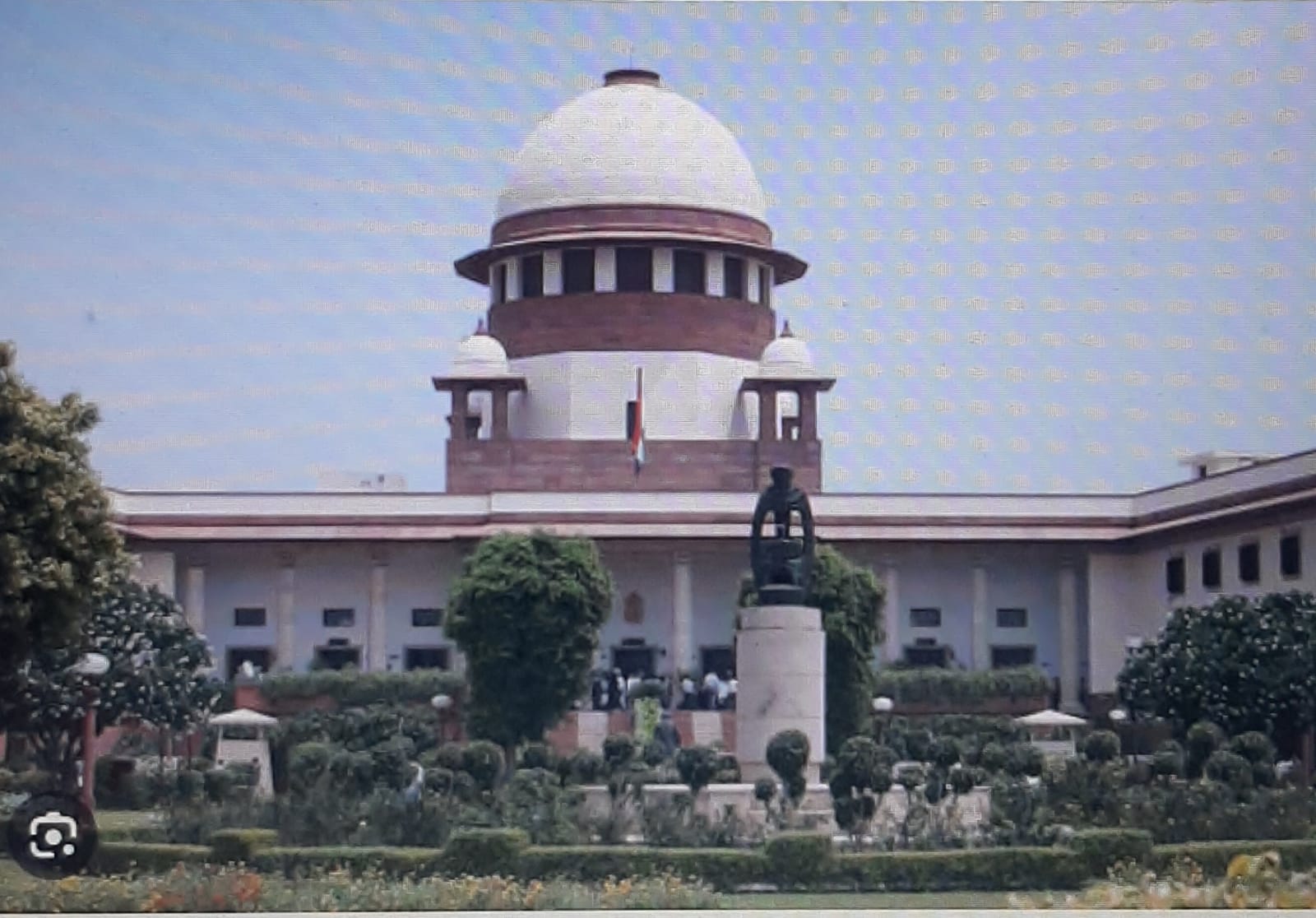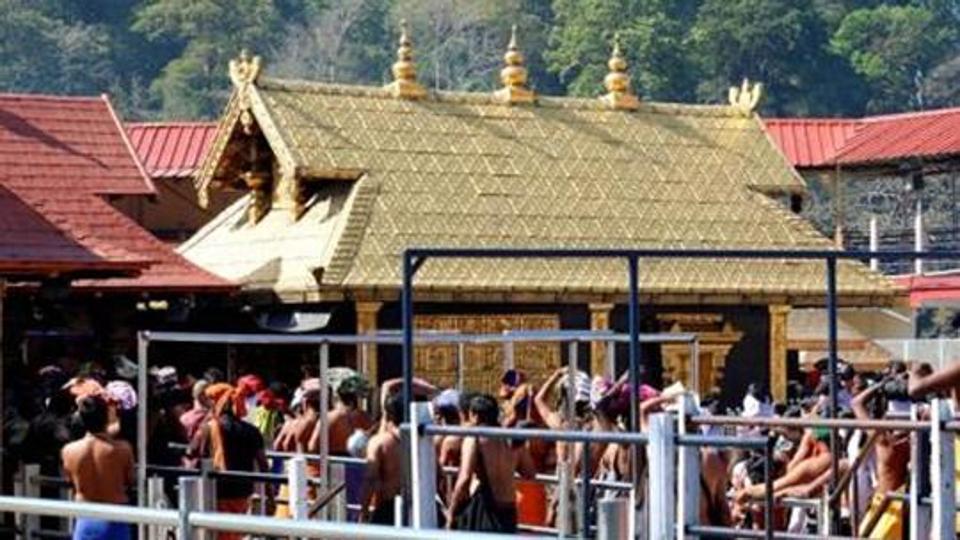
Daily News and Views
New Delhi, November 14: A five-judge Supreme Court bench on Thursday decided to refer its ruling on the entry of women to Sabarimala to a larger bench. The top court has also decided to ask the larger bench to look into other issues related to religion including entry of women into mosques, entry of Parsi women married to non-Parsi and female genital mutilation among Dawoodi Bohra community.
Earlier the top court had overturned a centuries-old ban on girls and women between the ages of 10 and 50 years and ordered on September 28, 2018, that women of all ages must be allowed into the famous hilltop shrine in Pathanamthitta district. The verdict sparked a series of protests, shutdown and violence and the Travancore Devaswom Board (TDB), which manages the Sabarimala shrine, argued that the top court cannot intervene with a century-old belief. Traditionalists say younger women should not be allowed inside the temple as it is dedicated to a god who is an avowed celibate. The Left-run government in Kerala had supported the verdict, saying the court can set aside religious practices which are against fundamental rights. Devotees had physically blocked women when they tried to trek to the temple and two people were killed in violence related to the temple protests. Two women had managed to enter the temple under heavy security.
At least 50,000 protestors were booked at the height of the agitation against the top court verdict. The protests led to a decrease in the number of pilgrims and revenue. Both the Congress and Bharatiya Janata Party (BJP) had backed protests citing “hurt sentiments “of the devotees. The BJP had criticised the Left government, saying its affidavit in the court led to the verdict and blamed it for undermining Hindu traditions. As many as 65 petitions—56 review pleas, four writ petitions, two transfer petitions, two special pleas and one special leave petition—were filed against the verdict that ended the ban on entry for women and girls of menstruating age into the temple and upheld the right to equality of worship. A five-member constitution bench led by Chief Justice Ranjan Gogoi had reserved its decision on February 6 after hearing various parties. The Travancore Devaswom Board, which had refused to abide by the top court ruling, said later in February this year that it would now abide by the order. The hill shrine nestled in the Western Ghats is situated about 3,000 feet above sea level. Devotees from across the country throng the temple during the festival season between November and January every year trekking 5km up to the hilltop through forests.


